Celebrating Black History Month – Outstanding Black Women

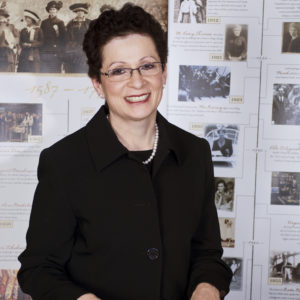
Jill S. Tietjen, PE, is an author, national speaker, and…

Charlotte S. Waisman, Ph.D. is a national champion and advocate…
The roots of a Black History Month celebration were planted in the 1920s and in 1976, President Gerald Ford designated February as Black or African American History Month. To celebrate, we profile several outstanding Black women.
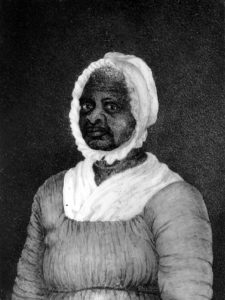
Elizabeth Freeman, also known as Mum Bett, was a slave in Sheffield, Massachusetts at the home of John and Hannah Ashley. After hearing the reading of the Massachusetts Constitution in 1780 which included the words “All men are born free and equal,” Freeman sought the advice of an attorney to sue for her freedom. The resulting court case, Brom and Bett v. Ashley, was heard in 1781 and resulted in freedom for Freeman, the first African American woman to be set free under the Massachusetts State Constitution. The case served as a precedent for freeing all slaves in Massachusetts. She said, “Any time, any time while I was a slave, if one minute’s freedom had been offered to me, and I had been told I must die at the end of that minute, I would have taken it—just to stand one minute on God’s airth [sic] a free woman— I would.”
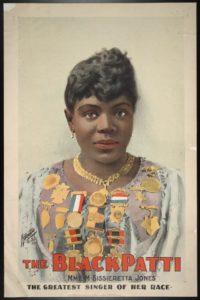
Sissieretta Jones made her singing debut in 1888. Trained in opera, she was considered the greatest African-American singer in the late 19th and early 20th centuries. Because she sang opera, she was dubbed “Black Patti” (a nickname she disliked) after Adelina Patti, the foremost operatic singer at the time. Jones sang as a soloist or with groups until 1896. She sang in the U.S., Canada, England, and on the European continent. In 1892, she sang for President Benjamin Harrison at the White House; she also appeared at the World’s Columbian Exposition in Chicago in 1893. Her troupe, the Black Patti Troubadours toured from 1896 to 1916. Although members of the company performed songs from many genres and they also included acrobats and comedians, Jones solely sang opera. Her appearances eventually included costumes and scenery.
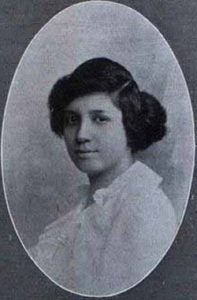
The first African-American woman to receive a Ph.D. in the U.S. in mathematics (1943, Catholic University of America), Euphemia Lofton Haynes grew up in Washington, DC and earned her undergraduate degree in mathematics from Smith College. Her master’s degree was in education from the University of Chicago. She returned to Washington, DC in 1930 where she founded the mathematics department at Miner’s Teacher’s College (today, part of the University of the District of Columbia) which focused on training African-American teachers. Through her multiple educational positions Haynes advocated for poor students and better schools and disparaged the segregation system then in place. Haynes, a lifelong Catholic, left a bequest from her estate to endow the Euphemia Lofton Haynes professorship at The Catholic University of America.
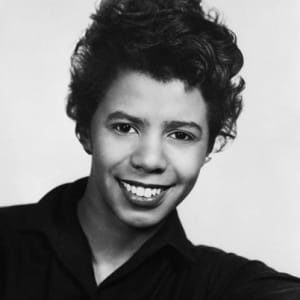
The first Black woman to write a play performed on Broadway, Lorraine Hansberry was raised in Chicago and studied at the University of Wisconsin, before moving to New York in 1950 to begin her writing career. Her best-known play is titled A Raisin in the Sun (1956). The play is the story of working-class African Americans in Chicago, living in a time of segregation. Hansberry drew upon her experiences growing up; many of the characters were inspired by members of her family. When the Broadway show was mounted, Sidney Poitier was cast as the main character. The director was also Black. The audience was enthralled, and the play was nominated for four Tony awards. It also won Hansberry the New York Drama Critics Circle Award. In 1960 it was made into a movie with the original Broadway cast. Hansberry’s second play ran for 101 performances on Broadway before closing; tragically the closing performance was the same night that she died of cancer at age 34. After her death, her former husband edited and published her three unfinished plays and compiled her writings, speeches and some unpublished works into an autobiographical anthology titled To Be Young, Gifted and Black. Hansberry has been inducted into the National Women’s Hall of Fame.
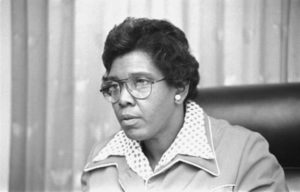
An extremely eloquent speaker with an imposing presence, attorney and Texas Representative Barbara Jordan made a name for herself during the Watergate hearings. The first African-American Congresswoman from the deep South, Jordan worked on John F. Kennedy’s 1960 presidential campaign. After she lost elections for the Texas house in both 1962 and 1964, she ran for the Texas senate in 1966 and was successful. She became the first African-American state senator since 1883 and the first African-American woman elected to the Texas Senate. In 1972 she was elected president pro tempore of the Texas senate; this well-deserved honor meant that she was the first Black woman in the U.S. to preside over any state legislative body. Jordan, always incredibly articulate, was then elected to the U.S. House in 1972. After many additional firsts, Jordan retired and taught at the University of Texas, Austin. Jordan died of pneumonia, a complication of her lengthy battle with leukemia and multiple sclerosis. A statue of her appears in the Austin, Texas Airport. She has been inducted into the National Women’s Hall of Fame.
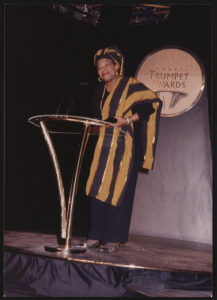
A renowned poet, screenplay writer, memoirist and civil rights activist, Maya Angelou is known for her series of seven autobiographies, the first volume of which, I Know Why the Caged Bird Sings, brought her fame and renown. In 1972, she was the first African-American woman to have a screenplay released as a movie. In 1993, she read her poem at the inauguration of President Bill Clinton. The recipient of many honors and awards, Angelou has been inducted into the National Women’s Hall of Fame. She was featured on a U.S. postage stamp in 2015.
Women participate and contribute to every area of our lives. These Black women as well as many other women, almost all of whom we have not heard about nor learned about in school, are profiled in our book, Her Story: A Timeline of the Women Who Changed America. Help us by continuing to tell women’s stories. Write women back into history! Tell young women especially, that their dreams in any field of endeavor or interest, can become a reality.
Author: Jill Tietjen
Jill S. Tietjen, PE, is an author, national speaker, and an electrical engineer. After 40 years in the electric utility industry, her professional focus is now on women’s advocacy, worldwide. She blogs for The Huffington Post, speaks nationally on the accomplishments of women, nominates women for awards, and continues to write books (8 published to date), following in the footsteps of her bestselling and award-winning book, Her Story: A Timeline of the Women Who Changed America (written with Charlotte Waisman). She is a frequent keynote speaker as her positive energy and her ability to relate to the audience result in inspired and energized listeners. The recipient of many awards, her induction into the Colorado Women’s Hall of Fame in 2010 remains one of her most treasured.

Jill S. Tietjen, PE, is an author, national speaker, and an electrical engineer. After 40 years in the electric utility industry, her professional focus is now on women’s advocacy, worldwide. She blogs for The Huffington Post, speaks nationally on the accomplishments of women, nominates women for awards, and continues to write books (8 published to date), following in the footsteps of her bestselling and award-winning book, Her Story: A Timeline of the Women Who Changed America (written with Charlotte Waisman). She is a frequent keynote speaker as her positive energy and her ability to relate to the audience result in inspired and energized listeners. The recipient of many awards, her induction into the Colorado Women’s Hall of Fame in 2010 remains one of her most treasured.

Charlotte S. Waisman, Ph.D. is a national champion and advocate for women as a professor and keynote speaker. A corporate leader, executive coach, and facilitator, she conducts leadership workshops nationally.



